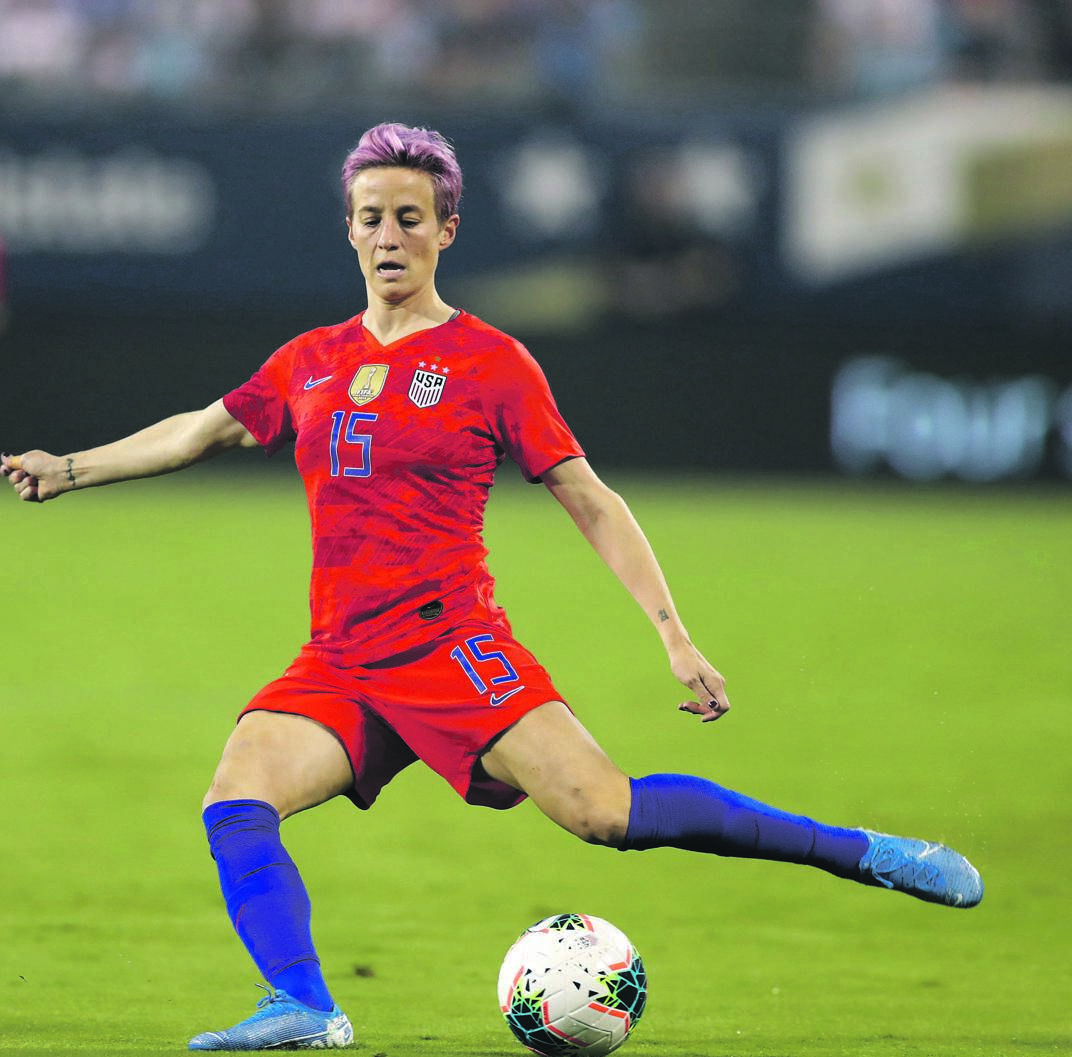
When Australia’s football team travelled to Russia for last year’s World Cup, they did so in style – flying business class and safe in the knowledge that they would be well compensated for their efforts on the pitch.
The Socceroos were knocked out in the first round.
A year later, the country’s women’s team flew to France for their World Cup. But, unlike their male counterparts, they had to make do with economy-class tickets, and the money they received for their efforts paled in comparison with what the men’s team got, despite the fact that they made it through to the Last 16 round.
After protracted negotiations between the players and officials, an agreement was hammered out at the end of last month that ensured the men’s and women’s teams earned the same in terms of percentages.
In a groundbreaking agreement, officials said they would pay both teams the same percentages – they are to receive 24% of generated revenues and 40% of prize money from the World Cup.
In a statement released by both sides, they said they were recognising the changing times.
“The new agreement reflects football’s determination to address issues of gender equity in all facets of the game and build a sustainable financial model that rewards players as national team revenues increase.”
The agreement does not, however, guarantee the same pay for men and women. For instance, under the new agreement, the men would have received 40% of €
That notwithstanding, the Matildas players were happy with the agreement.
“This new deal is enormous. As a female footballer, it’s what we’ve always dreamed of. We’ve always wanted to be treated equally,” said Elise Kellond-Knight.
The Matildas’ situation is in no way unique.
In Spain, women footballers were set to go on strike this weekend to try to bridge the pay gap between professional men and women’s clubs.
Hoping to avert the strike in the top-flight Liga Iberdrola, Spanish football authorities offered to pay €
Earlier, the rights company Mediapro had already offered €
Catalonian journalist Javier Giniesta said the issue of women’s football in Spain was the biggest crisis the sport was facing at the moment.
“They want the time they can be contracted to the clubs increased. That would automatically lead to higher wages,” Giniesta said.
Italian women footballers are also involved in the struggle for better pay.
Despite the country’s team achieving an unexpected quarterfinal place at the recent World Cup and being watched by one in three of Italy’s 60 million people, a law stipulates that woman footballers are considered to be amateurs and, as a result, their yearly salary cannot exceed €27 300 before taxes.
Juventus forward Barbara Bonansea said that everybody knew there were differences.
“Before discussing earnings, I would talk about our rights. I don’t play because I want to earn as much as the men, also because that would not make sense.
“We just want what we deserve. That’s what we’re fighting for. If there’s more coverage of our games and more sponsors come in, then we deserve more, too.”
In the struggle for parity among men and women, Norway leads the field.
Two years ago, football authorities there said that men and women would earn the same in actual payment – not only in terms of percentages.
This was made possible when male players agreed that the women would receive some of the commercial payments made to the men’s team.
And, this year, the Netherlands and Finland also said they were striving for equal pay between national teams.




 Publications
Publications
 Partners
Partners









